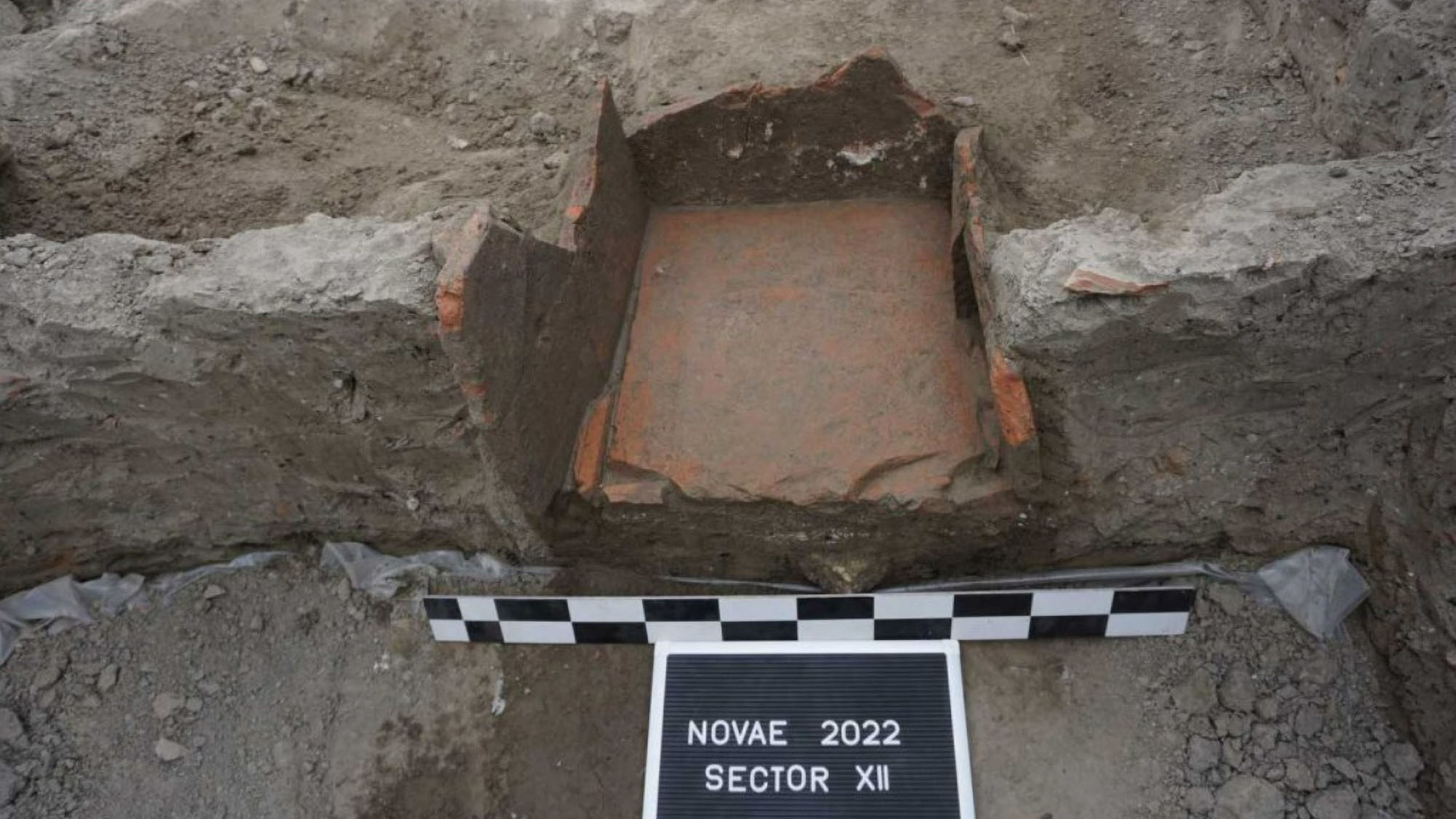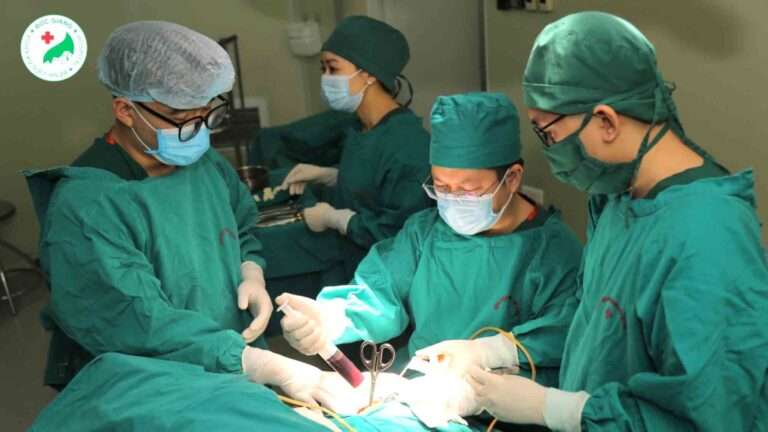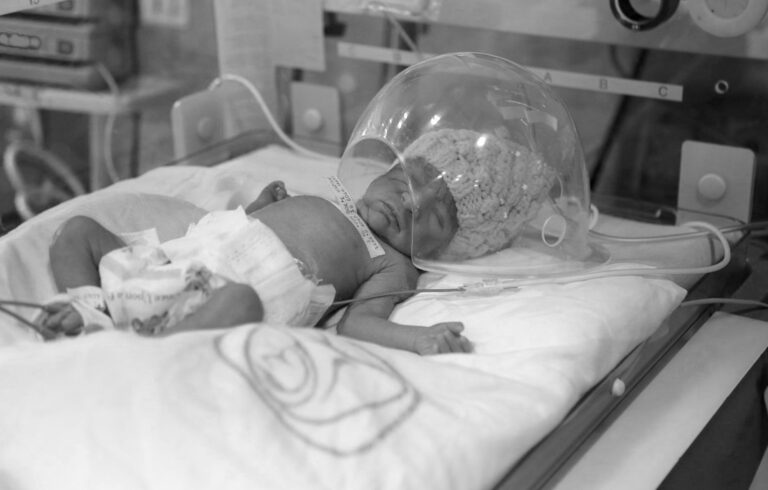Archaeologists have unearthed an ancient ‘fridge’ that still contained food leftovers in a former Roman military camp in Bulgaria.
The object, built from ceramic plates, was found in the Novae archaeological site located about four kilometres (2.5 miles) east of the town of Svishtov, Bulgaria.
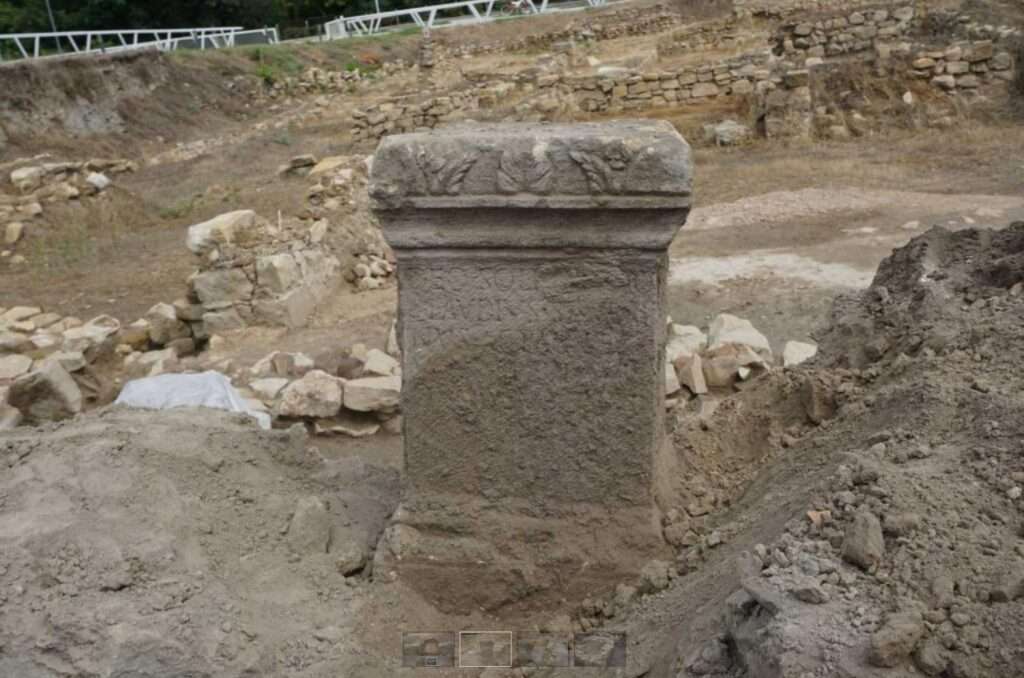
It still contained animal bones, fragments of dishes, and traces of cooked meat when the experts from the University of Warsaw in Poland brought it to light on Friday, 7th October 2022.
The exact age of the fridge and the contents inside are still to be determined, according to professor Piotr Dyczek of the University of Warsaw’s Antiquity of Southeastern Europe Research Centre.
He suspected that an incense burner containing pine resin that was inside had been used to repel insects.
The experts did not explain how the fridge had worked, but typically they were kept in underground pits that were piled with snow to keep the contents cold well into summer.
Dyczek said in a statement: “The discovery of such ‘refrigerators’ are rare, because they rarely survive reconstructions of buildings.”
The expert stated that Novae was built for Roman legionaries in the first century AD as a permanent defence base on the lower Danube River.
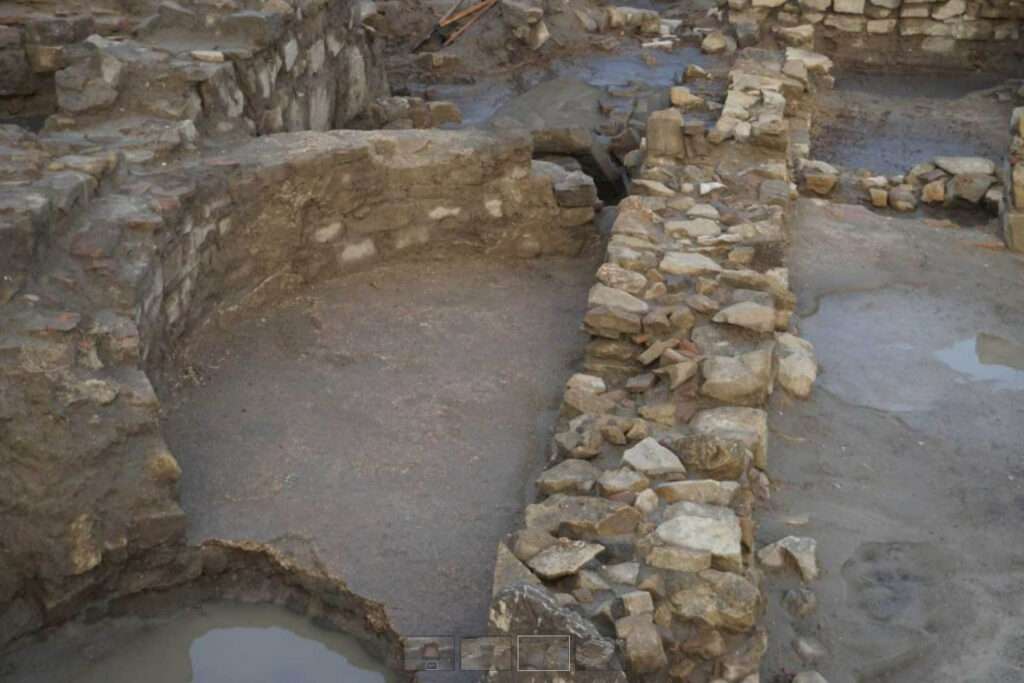
A fortress incorporated inside the camp provided shelter for military recruits until the middle of the fifth century.
Apart from the fridge, archaeologists found a collection of coins most of which dated back to the Goth invasion in the mid-third century until the beginning of the reign of Constantine the Great.
They also uncovered an entire line of walls along with house remains containing quern stones, weaving and fishing weights, spindle whorls, pits with bones and vessel fragments.
Dyczek explained: “At that time, Novae was slowly transforming into a civilian city.
“Also thanks to the latest finds, we obtained enough data to be able to recreate that part of the history of this ancient settlement, which until now was shrouded in mystery.”
The professor stated that they also detected movable monuments in the area and added: “Among the most important of them, I would mention two inscribed Roman altars.
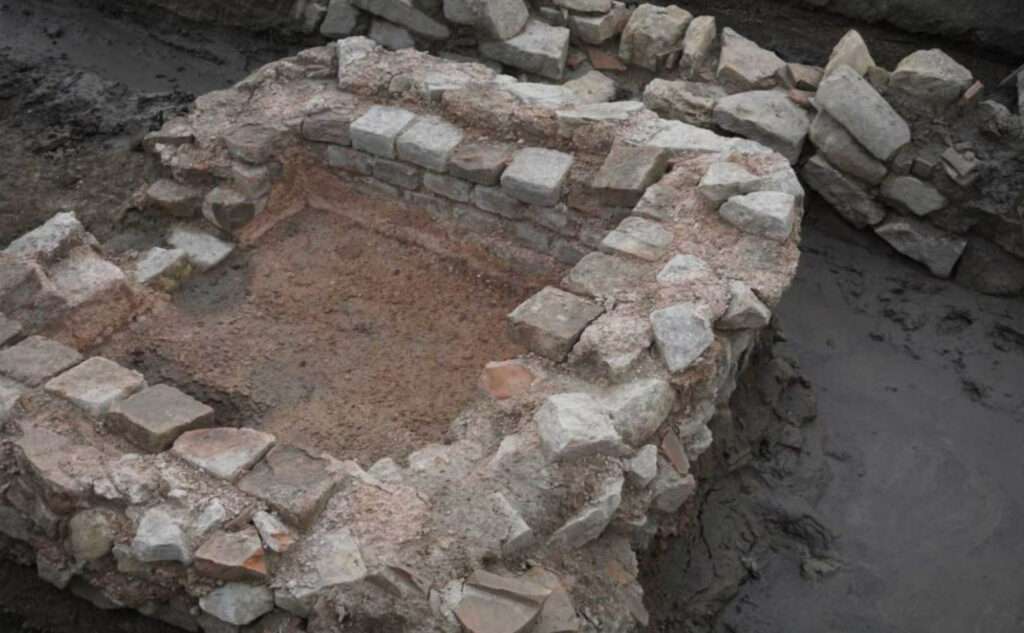
“They are very unique, we don’t know much about the altars dedicated to Mithra.”
The first one dedicated to the god of the sun Mithra, was sponsored by a legionary supplier.
The second was devoted to the Capitoline Trinity (Jupiter, Minerva, Juno) and was donated by the signifer – or the standard bearer – of the 1st Legion of Italy.
Dyczek said: “The functions of the donors of the altars are very interesting: the signifer, who wears legion’s marks, revealing a high, honorary function, and the “supplier”.
“So far, few inscriptions depicting men holding such positions have been found.”
Fragments of water supply systems that were made of both aceramic and lead pipes were also detected in the archaeological site.
The lead pipes are rarely preserved as the raw material they were made of was considered valuable and then re-used by Roman troops, according to the professor.
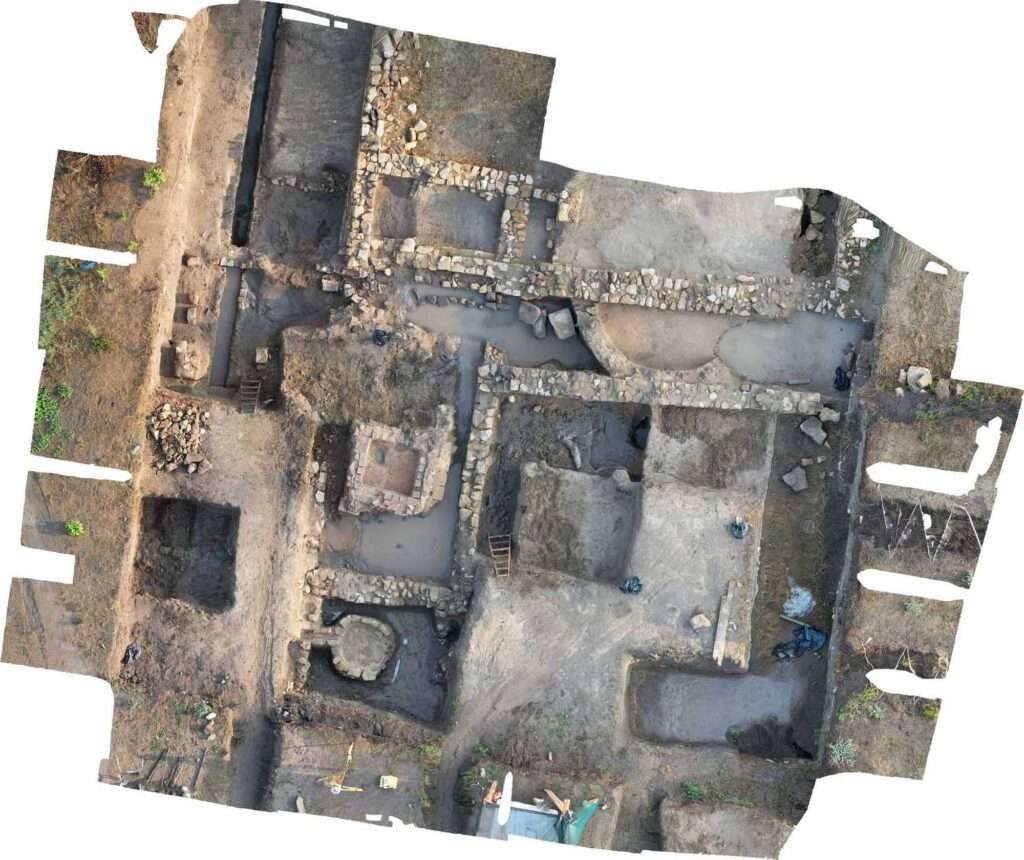
Dr Martin Lemke from the Antiquity of Southeastern Europe Research Centre stated that these remains showed that Romans considered water as an immensely important necessity.
The water was reportedly obtained from the nearby Dermen River as the Danube was polluted and not suitable for drinking.
To find out more about the author, editor or agency that supplied this story – please click below.
Story By: Georgina Jadikovska, Sub-Editor: Joseph Golder, Agency: Newsflash
The Ananova page is created by and dedicated to professional, independent freelance journalists. It is a place for us to showcase our work. When our news is sold to our media partners, we will include the link here.

